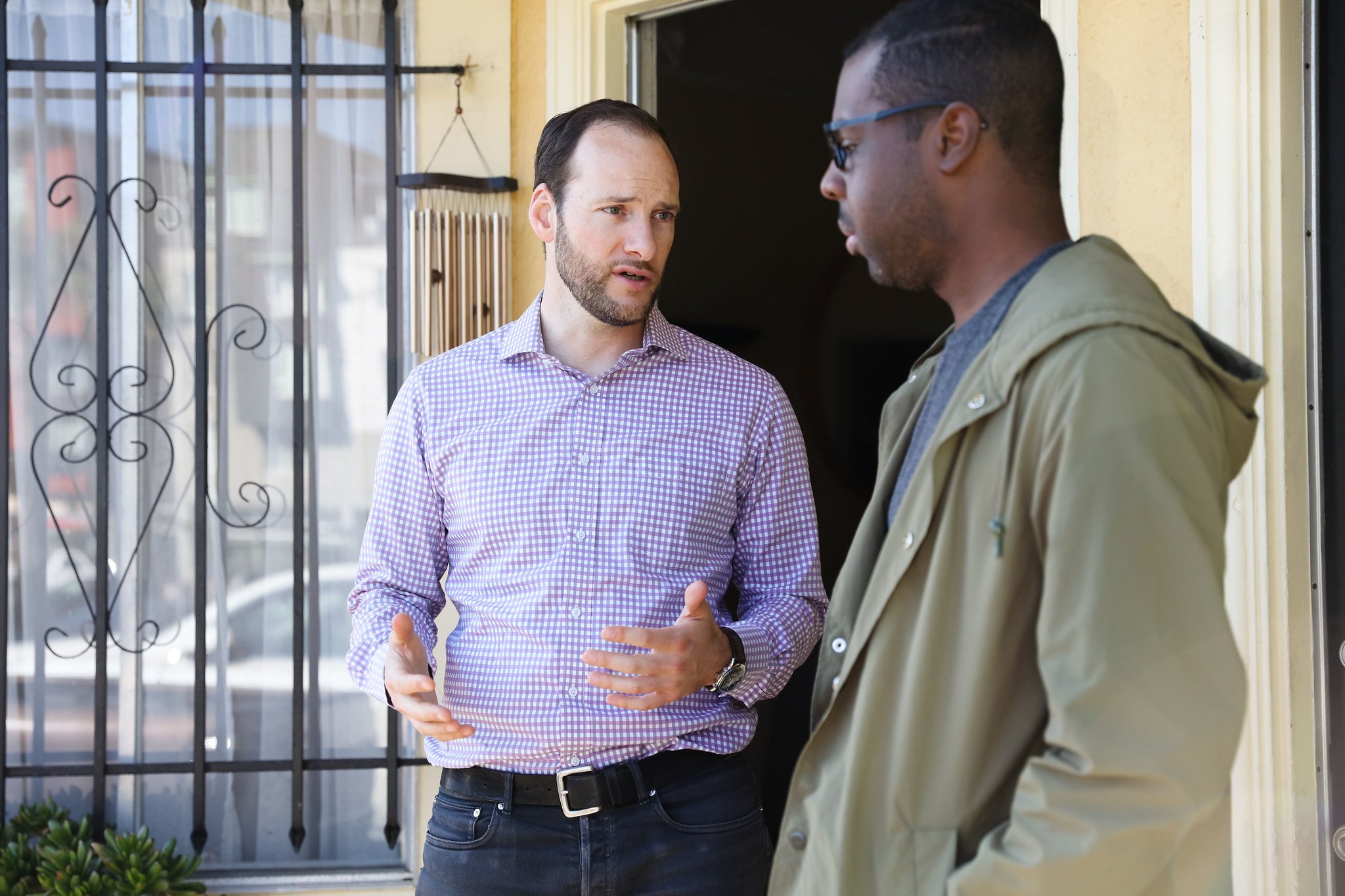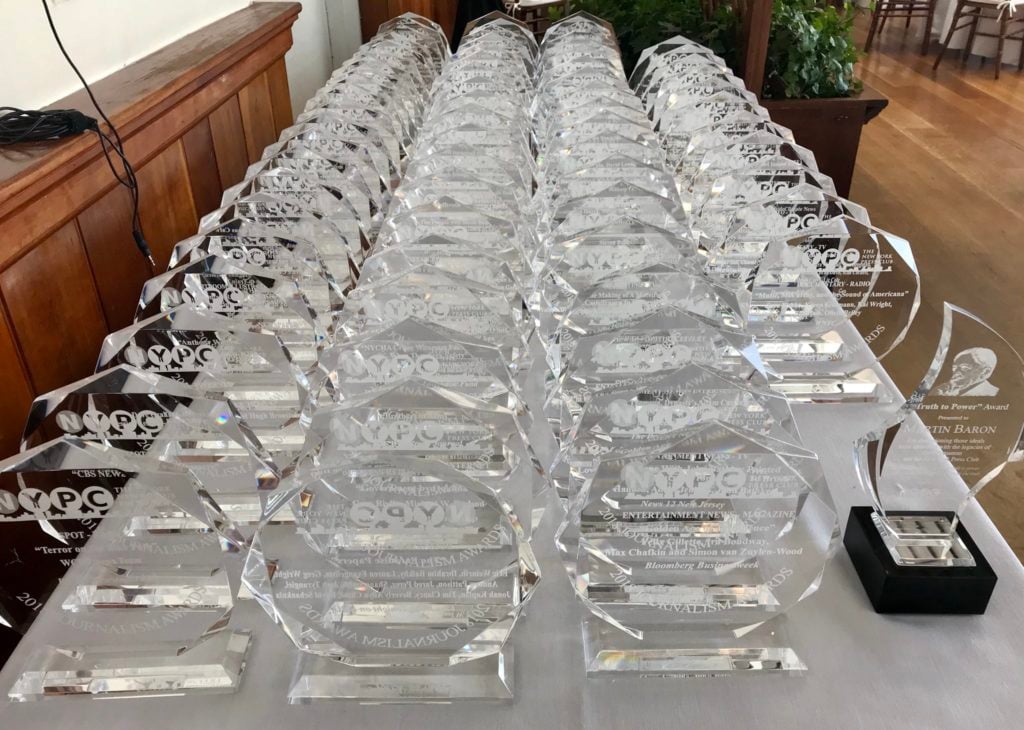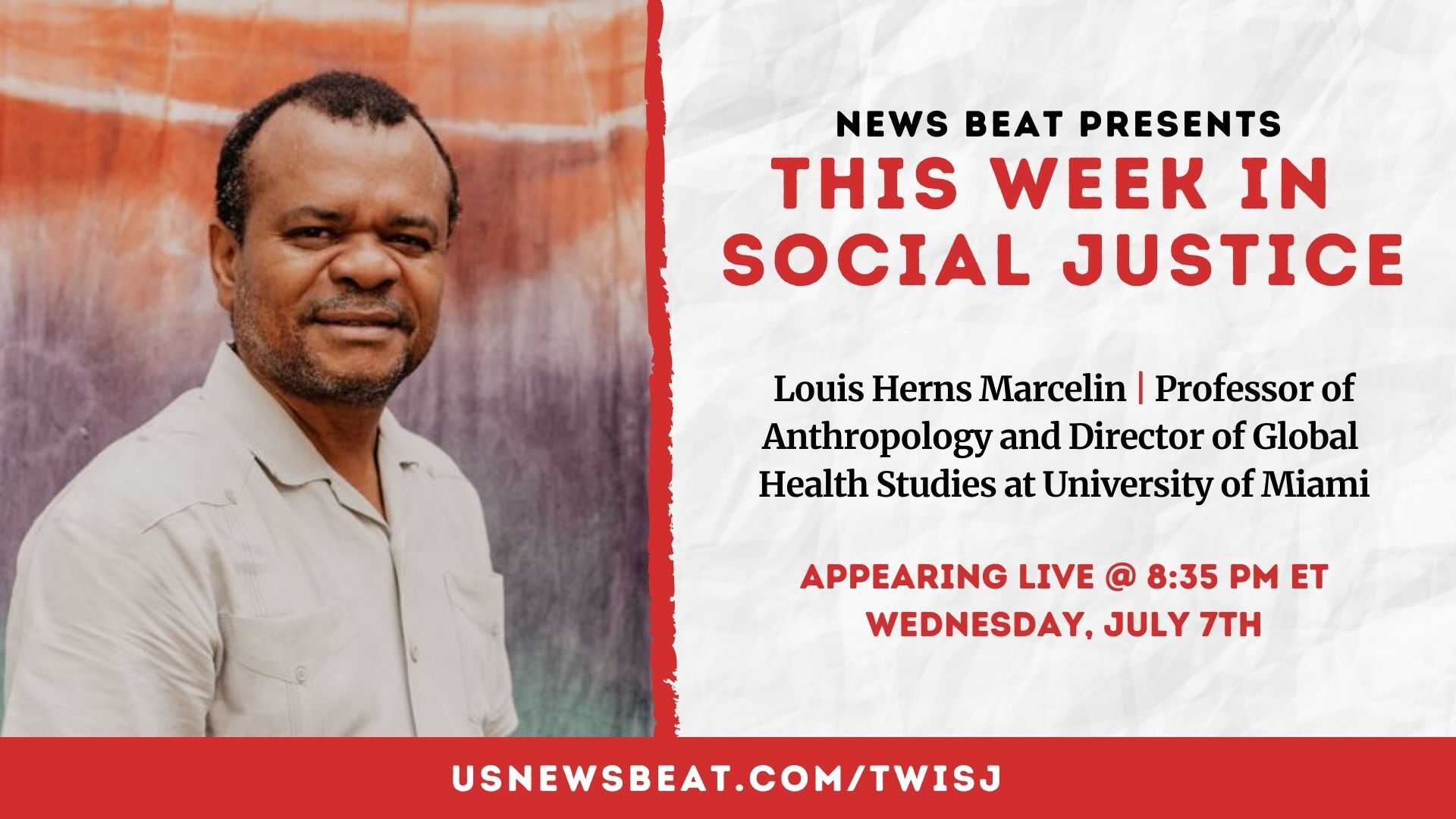 Photo credit: Chesa 4DA
Photo credit: Chesa 4DA
Chesa Boudin, the deputy public defender in San Francisco who ran a progressive campaign promising to dismantle the city’s mass incarceration apparatus, was elected district attorney. He was featured prominently in our episode "Restorative Justice: Healing Instead of Incarceration."
The hotly contested race pitted Boudin, whose parents were incarcerated when he was a year old, against three other competitors, including Suzy Loftus, who served four years as the president of the San Francisco Police Commission. Trailing by 2,000 votes as officials continued to tally ballots, Loftus conceded the race over the weekend.
Boudin’s victory is also a major win for the broader criminal justice reform movement simmering across the country. Boudin is among a number of so-called “progressive” candidates competing for the incredibly influential position of district attorney—a marked shift from recent history, when a significant number of DA incumbents—primarily white men—would either run unopposed or essentially sail to victory.
Listen to the full podcast episode
“Together we took on the establishment against all odds and won this race for San Francisco District Attorney,” Boudin said in an email to supporters Saturday evening. “It is because of your support and your activism that we will forever change the justice system in San Francisco.
“For decades I’ve been visiting my own parents in prison and fighting for criminal justice reform,” he continued. “That’s why I decided to run for District Attorney, to make sure the system works for all of us, not just the rich and powerful.”
A deputy public defender, Boudin characterized both his personal and professional history with the criminal justice system as an advantage over his competitors. Boudin was just an infant when his parents were imprisoned for their role in an armed robbery that killed three people.
“Now, my experience with parents in prison is just one part of what sets me apart from most traditional district attorney candidates, and the other district attorney candidates and my race,” Boudin told News Beat podcast weeks before the election.
“As a public defender, I'm the only person in this race or in most district attorney races, who has actually advised someone accused of a crime to plead guilty, who's had that conversation about what it means, about what they've done, what their rights are, and what the choices ahead of them are, and why it might make sense to waive those rights, take responsibility, even in the face of potential long prison sentences.”
During our interview, Boudin spoke in length about implementing restorative justice, if elected. Now he’ll have the opportunity. As a result of his victory, we’re releasing a special bonus episode with excerpts that weren’t included in our original episode, “Restorative Justice: Healing Instead of Incarceration.”
Listen to Restorative Justice: Healing Instead of Incarceration:
Below is a transcript from the bonus episode:
Chesa Boudin
"It's important to remember that part of what mass incarceration means is that the majority of American adults have an immediate family member who is currently or formerly incarcerated. So my experience of visiting my parents in prison, of having loved ones behind bars, actually puts me firmly in the majority of this country. And it's a real problem that so few district attorneys share that experience with the majority of Americans, because it makes it harder for them to have empathy and compassion, to see people as three dimensional, complex humans who have made, in some cases, horrific mistakes, in some cases, repeatedly, but who are more than their worst mistakes and who have potential for redemption, and to play a role not only in their own salvation, but in helping undo the harm that they've caused in their communities. Now, my experience with parents in prison is just one part of what sets me apart from most traditional district attorney candidates, and the other district attorney candidates and my race. As a public defender, I'm the only person in this race or in most district attorney races, who has actually advised someone accused of a crime to plead guilty, who's had that conversation about what it means, but what they've done, what their rights are, and what the choices ahead of them are, and why it might make sense to waive those rights, take responsibility, even in the face of potential long prison sentences. I'm also the only person who's ever represented someone who's wrongly accused of a crime, who's factually innocent, but facing the prospect of waiving their rights and saying they're guilty simply because they're too poor to pay bail. Those kinds of perspectives: loved ones behind bars, innocent clients, guilty clients, working with victims whose only contact with the district attorney's office is a subpoena in the mail. Years and years of those experiences have given me unique perspective that I hope will help us transform San Francisco's District Attorney's Office into a leader in reimagining this country's approach to criminal justice, where we focus on preventing crime and healing the harm that it's caused, not just punishing the people who've committed.
"We know that the tough-on-crime era was a failure. It was a failure in terms of the cost in California 10%, nearly 10% of the state budget, goes to the Department of Corrections, that doesn't even count local policing or jails. We also know that two-thirds of the people getting out of prison will be reincarnated within a couple of years. So it's not rehabilitating. It's not breaking this cycle. And we also know that most victims are profoundly dissatisfied with the way they've been treated by the criminal justice system, and with the outcomes. In San Francisco in particular, 75% of people arrested are drug-addicted, mentally ill, or both. Most victims want people to get treatment, and know that treatment in jail is not effective. But instead of preventing crime, by providing universal mental health care and meaningful interventions in the lives of people on our streets, we simply wait for crimes to be committed that are serious enough, where a victim is harmed badly enough, that we can send someone to prison or keep them in jail for a long period of time. That's why San Francisco's jail has become the number one provider of mental health services in San Francisco. It's a disgrace. It's disrespectful to victims. And it's inhumane in terms of our approach to people who are living in a crisis. So we need to take a different approach. And restorative justice is a key part of that because it puts victims first. It's not about just letting people who cause harm off without consequences, it's about recognizing that there's an intersection between accountability and healing, which our traditional, narrow focus on punishment, misses entirely.
"And I think it's really critical that we move away from this false narrative that's been perpetuated over decades that victims' rights are equated with longer prison sentences or higher conviction rates. We know that does not make us safer and we know it does far too little for victims who live with trauma and stigma and shame as a result of what they've experienced. So for me today, and every day, when we talk about restorative justice, yes, we know that it's going to help end mass incarceration. Yes, we know it's going to help reduce racial disparities. Yes, we know it's going to be a more effective way to spend tax dollars. But first and foremost, this is about victims and giving them a voice and making sure that we are dedicating our resources and our energy to healing and empower them."
Listen and subscribe to all News Beat podcast episodes on Apple Podcasts, Spotify, and wherever else you listen to your favorite shows. And please don't forget to rate and review us! Thanks! Power to the people!



.jpg)





